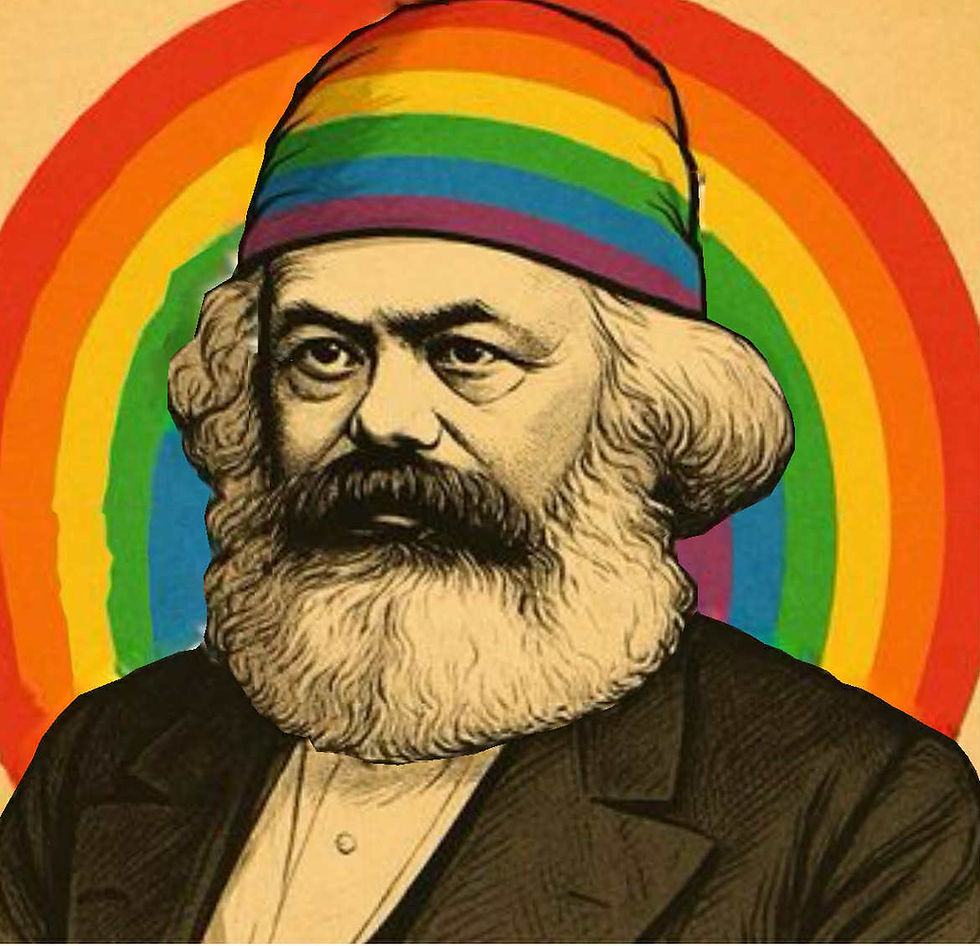Worldview
- Mike Burnette
- Jul 3, 2022
- 2 min read
One thing people often miss is this: Our approach to life — our committed worldview — has to do a lot of heavy lifting. In order for it to truly be a worldview it must have maximal explanatory power. It has to explain and account for both creation and corruption, our longings for truth, good, beauty, and justice, and it has to take evil seriously. It should even account, in principle, for mystery. And it cannot deny or suppress truths we can’t know.
I don’t feel comfortable with a view of life that compartmentalizes my life, drawing hard and fast divisions between aspects of my inner life and the external world that I experience daily as a singularity, a unity.
Ultimately, I’ve concluded that Christianity is just that worldview.
First, it validates and indeed gives grounding to my subject world, my hopes, fears, desires. It makes sense of my desire for justice, my sense of beauty, and the human longing for a world that “lives up to its potential.”
Second, I’ve found that my intellectual cravings are satisfied with the worldview presented in the Bible. No matter what objections I’ve throw at it, it stands up, none the worse for wear. It gives me a metaphysic that makes sense, and naturally flows into its own epistemology and an ethic. Of course, it’s not an exhaustive list of how to run my life, but that’s exactly because the Bible doesn’t present humans as automatons. We apply the implications of Scripture to aspects of life not directly addressed in its pages.
Whatever worldview we commit to must take all of all of human experience and make sense of it in a way that’s not radically counter-intuitive and that doesn’t make nonsense of life.
RT: Joseph Torres

See less



Comments